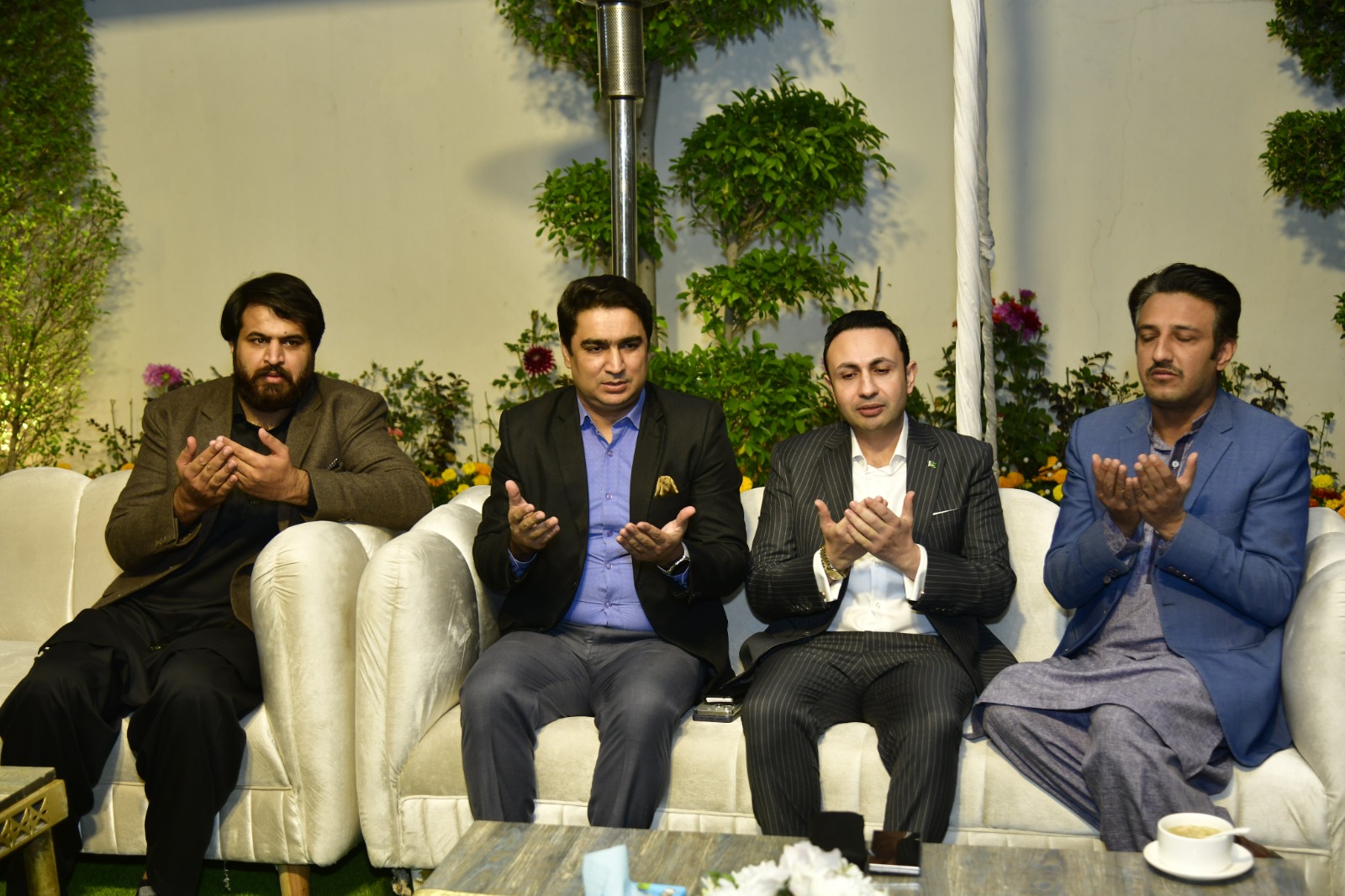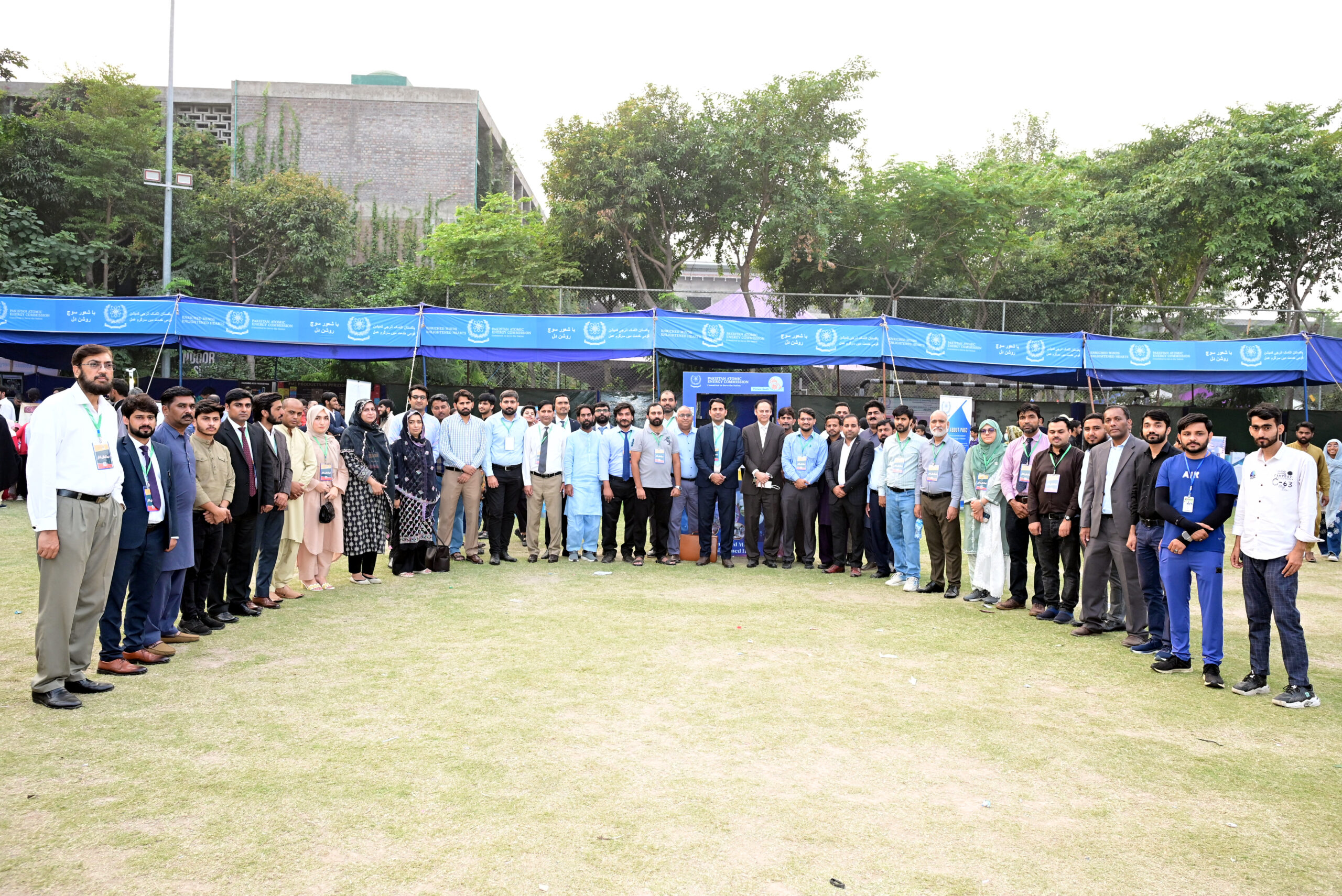The scheduled meeting between PM Shabaz Sharif and Dr Muhammad Yunus on the sidelines of UN General Assembly is being keenly anticipated in Bangladesh as a very welcoming development.This was shared by renowned International relations experts from Bangladesh at a roundtable discussion held by the Institute of Regional Studies (IRS) on the “Post Hasina Wajid Bangladesh”.
Professor Saber Chaudhry, Dean at Dhaka University and Professor Shahab Enam Khan from Jhangirnagar University, Dhaka, highlighted the goodwill and desire for enhancing multifaceted cooperation shared by the peoples of Pakistan and Bangladesh. They also expressed their optimism about Bangladesh’s future under the leadership of Dr. Yunus, noting that Bangladesh had the potential to achieve political stability, economic growth, and balanced foreign relations. However, they acknowledged that the reform process might face challenges due to highly politicized institutions in the country.
Ambassador Jauhar Saleem, President of IRS, emphasized the importance of building on the significant economic cooperation between Bangladesh and Pakistan to further substantiate the bilateral ties. He also underlined the need for both countries to work together for the betterment of the entire region, through promoting intra- regional cooperation. In this regard, he highlighted the significance of SAARC; particularly since the current Secretary General of SAARC, Mohd Golam Sarvar, hailed from Bangladesh. He recalled that during his recent visit to Pakistan the SAARC Secretary General had spoken at IRS and shared his aspiration for revitalizing SAARC.
Renowned International relations expert, Dr Syed Riffat Hussain, in his remarks on the occasion, stressed the need for caution as the situation in Bangladesh was still unfolding. He also noted that, Sheikh Hasina’s legacy would continue to pose challenges to interim government’s reform process.
Recalling his experience as the former High Commissioner to Bangladesh, Ambassador Imran Ahmed Siddiqi, Additional Foreign Secretary (Asia-Pacific) at the Ministry of Foreign Affairs, said that despite political challenges in the last 15 years, he had witnessed deep affection for Pakistan among the ordinary Bangladeshis. He emphasized Pakistan’s commitment to strengthen relations with Bangladesh and hoped that the strong desire of the peoples of the two countries to forge closer ties would guide them towards a harmonious, and prosperous future.
Professor Shahab Enam highlighted the need to identify potential areas of greater cooperation such as tourism, exchange of scholars, and business interactions, so to further cooperation between the two countries.
Ambassador Syed Ahmed Maroof, Pakistan’s High Commissioner to Bangladesh, emphasized that the interim government of Dr Muhammad Yunus had the backing of all major political parties for comprehensive economic and constitutional reforms. He dismissed the notion of continued ethnic or communal violence in Bangladesh and attributed the spread of misinformation to Indian propaganda.
Professor Saber Ahmed Chowdhry explained that the student led protests were a result of years of marginalization of younger generations from mainstream politics, as well as widespread corruption, and highly politicized institutions. He highlighted the significance of involving the youth in the reform process concerning key sectors such as police, judiciary, and election commission.
The event drew a diverse audience, including diplomats, researchers, academics, and students from universities across Islamabad.
‘Keen anticipation in Bangladesh for PM Muhammad Yunus’ meeting with PM Shehbaz






